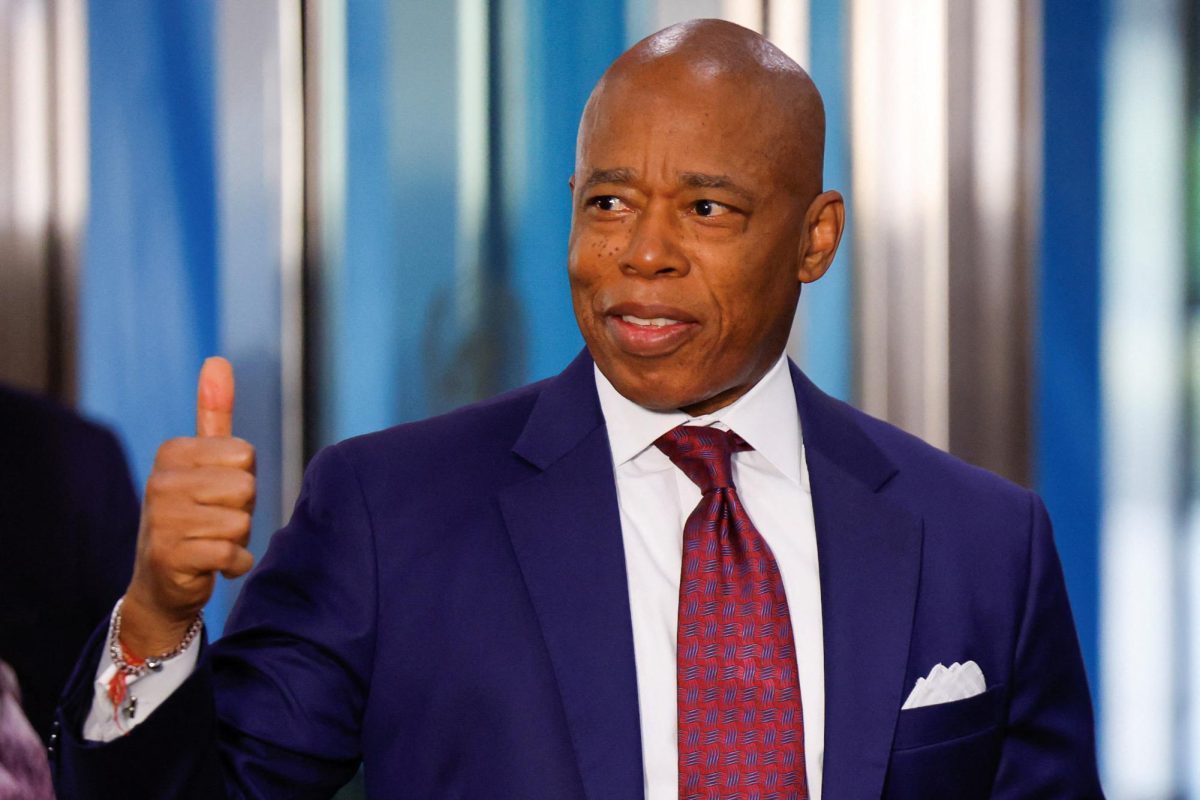The House of Representatives voting to take away a popular social media platform means more than just banning hours of mindless jargon. On the one hand, more than 170 million American users face having their freedom to express culture, dance moves, hot takes, activism, brand promotion and more hindered with a possible ban on the popular app TikTok; on the other, politicians debate their fears over national security and personal privacy.
On March 13, the House passed a bill requiring a nationwide ban of TikTok if the app’s owner, Chinese technology company ByteDance, does not sell the popular social media app to an American-based company. This decision passed with a 352-65 vote, consisting of 197 Republicans and 155 Democrats approving the bill.
“We have given TikTok a clear choice,” said Rep. Cathy McMorris Rodgers, R-Wash., as reported by the Associated Press on March 13. “Separate from your parent company ByteDance, which is beholden to the CCP [the Chinese Communist Party], and remain operational in the United States, or side with the CCP and face the consequences. The choice is TikTok’s.”
Combined votes of both parties show the issue isn’t directly aligned with one party. Due to this, it didn’t take long for the bill to make it through several committees before it was brought to the floor and passed in the House. The Democratic party holds a majority in the Senate, but since the votes did not fall strictly along party lines, this suggests an unpredictable outcome for whether the bill will pass in the Senate or even make it to the floor.
“If they pass it, I’ll sign it,” President Joe Biden said, as reported in a March 8 article from the Associated Press.
A possible ban of the popular app would directly affect young people all over the country, including those at West Essex. According to a Jan. 12 article from search analysis group Exploding Topics, 25 percent of American TikTok users are between the ages of 10 and 19. Many high school students are up in arms over the threat of a ban, and amid a flurry of hot takes online, it may be hard for some to actually discern what the justification for the proposed ban is.
“It’s not really a shock considering all the insane content posted on the app and the wide range of ages using the app,” senior Olivia Manos said about the ban. “There’s also a lot of misinformation regarding how the bill is actually passed, which goes to show that information on the app really isn’t as dependable as we think it may be.”
TikTok’s popularity allows millions of American users to create a community among one another. One glance at TikTok shows that the platform is used for silly dancing and karaoke videos, but regular users know it can bring so much more: TikTok is how most of the young generation receive their news and express opinions on the latest political and pop culture news. Creators do more than just share “Get Ready With Me” videos and “Storytimes.” Many local restaurants will promote their joints and small businesses can use their content to gain traction. The app’s simplicity allows these creators to have easier times going viral and make a living for themselves. Influencers can do something as simple as documenting their life, attracting millions of views, and transforming their accounts, into something users watch every day. This allows many to turn making TikToks into their career, with many quitting their full-time jobs to make money on the platform.
The “For You page” shows videos of interest to viewers through its algorithm, allowing users to watch what they are passionate about. Fans can watch videos about reviews on restaurants, the latest movies and TV shows or memes that lighten their moods. Also, the content can shed light on more serious topics like religious values and mental health struggles. This app can adapt to anyone’s interests and values that are important to them.
“TikTok is a way for people to express their creativity and show what they are passionate about,” senior Giulia Kerstner said. “I love watching ‘Get Ready With Me’ videos because it’s entertaining being able to envision what someone else’s life is like.”
Opponents of the ban say such a move would take away the freedom of speech for creators to post as they please. Users with accounts big or small all have the opportunity to speak their minds on anything, making an impact on the viewers who see those videos. TikTok is a way for people to express themselves, and with its popularity, it’s the easiest way for people of all generations to share their thoughts and values. By taking away a popular way several generations uses their voices, although not directly, Congress would be limiting one of the biggest ways millions of Americans express themselves.
“It is a really big deal as far as the First Amendment and as a sovereign business,” AP Government and Politics teacher Beth Vaknin said. “It depends on how worried [politicians] really are about the Chinese, and I know that is kind of bipartisan as far as worrying about the Chinese, so I don’t know if they will pass it in this form. But … something is going to have to be done, especially as we move into the election.”






